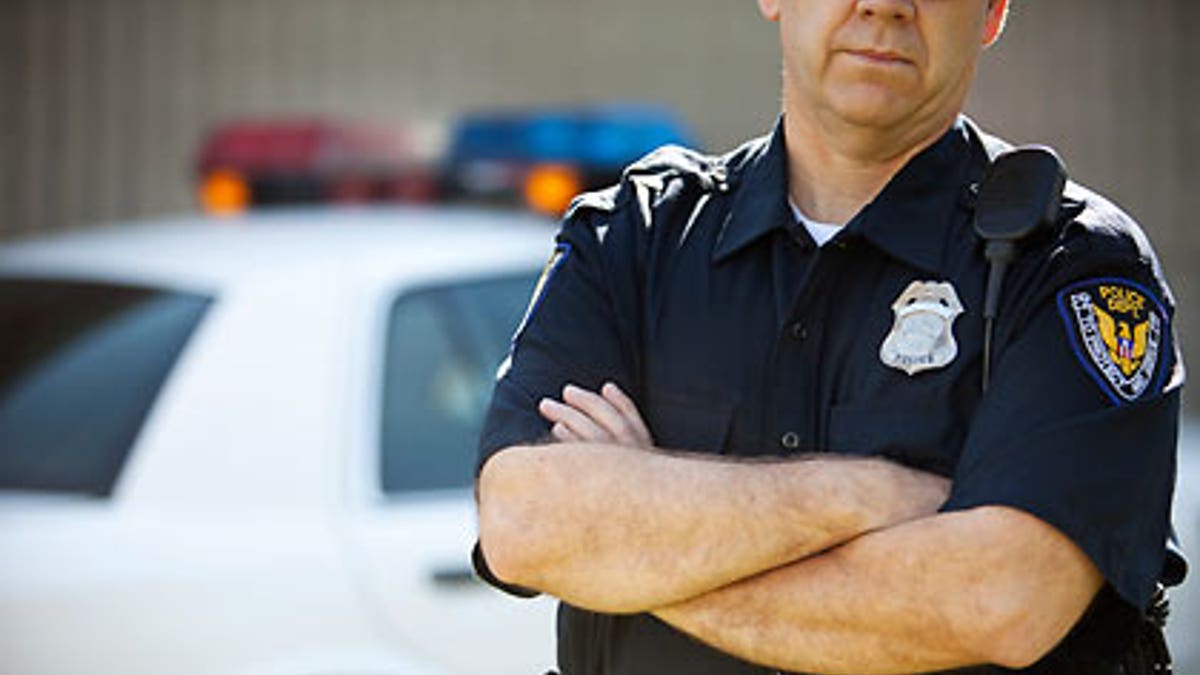
(iStock)
This spring, the FBI released preliminary data on law enforcement officers killed in the line of duty in 2015. With 41 officers feloniously killed, it represented a drop of nearly 20 percent from the year before. The numbers, although wholly tragic, were encouraging.
Nonetheless, it didn't take long for many of the usual critics of law enforcement to pounce on the data and declare that the proverbial "war on cops" was, in fact, no war at all.
As the admittedly biased Occupy Democrats website declared, in 2015 it was "safer to be a cop than to be a preschooler."
Of course, this type of specious reasoning is ludicrous. A perfunctory look at the raw numbers might be enough to influence the easily persuadable into believing that no war on cops exists, or that there hadn't been a better, safer time to be a police officer in decades, but as with any data set there is more to the numbers than meets the eye.
Since the outgrowth of unfettered, anti-police rhetoric took hold of the public discourse in the wake of Ferguson and Baltimore, the job of the average police officer has become more difficult and dangerous.
An unfortunate byproduct of this anti-police hysteria has been a modification in the everyday activity of the typical beat cop.
Proactive police work, long recognized for its ability to actually reduce crime rather than merely respond to it, has seen a dramatic decline in many parts of the country.
DNAInfo, an online source for news in Chicago and New York City, found that so far this year police officers in Chicago were "making drastically fewer investigative stops and confiscating fewer guns as murders and shootings have increased.”
Their analysis also found that proactive stops in Chicago were down 80 percent from the year before and that the Second City saw a decline in gun arrests and gun confiscations of 37 and 35 percent, respectively.
The apparent reticence to self-initiate proactivity isn’t just felt by officers in Chicago. Heather MacDonald of the Manhattan Institute, in discussing the decline in proactive policing and public hostility toward law enforcement, wrote earlier this year, “L.A. officers are advising one another that it's crazy to get out of their cars, unless it's a 911 call.”
With investigative stops and proactive police work on the decline it should come as no surprise that the number of officers feloniously killed in the line of duty has also declined.
Some of the most dangerous work a police officer can engage in is directly related to proactive police work -- a high-risk vehicle stop or consensual contact with a group of individuals loitering on a dark street corner, for example.
When greater numbers of officers remove themselves from inherently dangerous self-initiated enforcement situations, the likelihood of injury or death correspondingly drops. That doesn't mean that society is any less dangerous or that the job of the average street cop is any safer, however.
If you begin to asses variables in officer behavior or pro-activity linked to morale, the data on officers killed in the line of duty begins to take on a different perspective.
Some of the pullback in officer pro-activity has been characterized as the "Ferguson Effect," or "ACLU Effect." These phenomena mark a fear on the part of the officer that his or her actions will be misjudged, mischaracterized, or even vilified and, thus, they refrain from engaging in any enforcement activity other than what they are legally and morally obliged to do.
Chicago Mayor Rahm Emanuel even noted this phenomenon last year when he said that officers had "pulled back from the ability to interdict … they don't want to be a news story themselves, they don't want their career ended early, and it's having an impact."
Sadly, data without context is no indicator of truth. The ongoing rhetorical war on police continues to make the average street cop's job more dangerous, difficult, and emotionally taxing.
The particularly unfortunate byproduct of the continued assault on American law enforcement is that all of society suffers as a result.
As officer morale continues to decline and pro-activity wanes, criminals will continue to be emboldened and crime will continue to rise.
